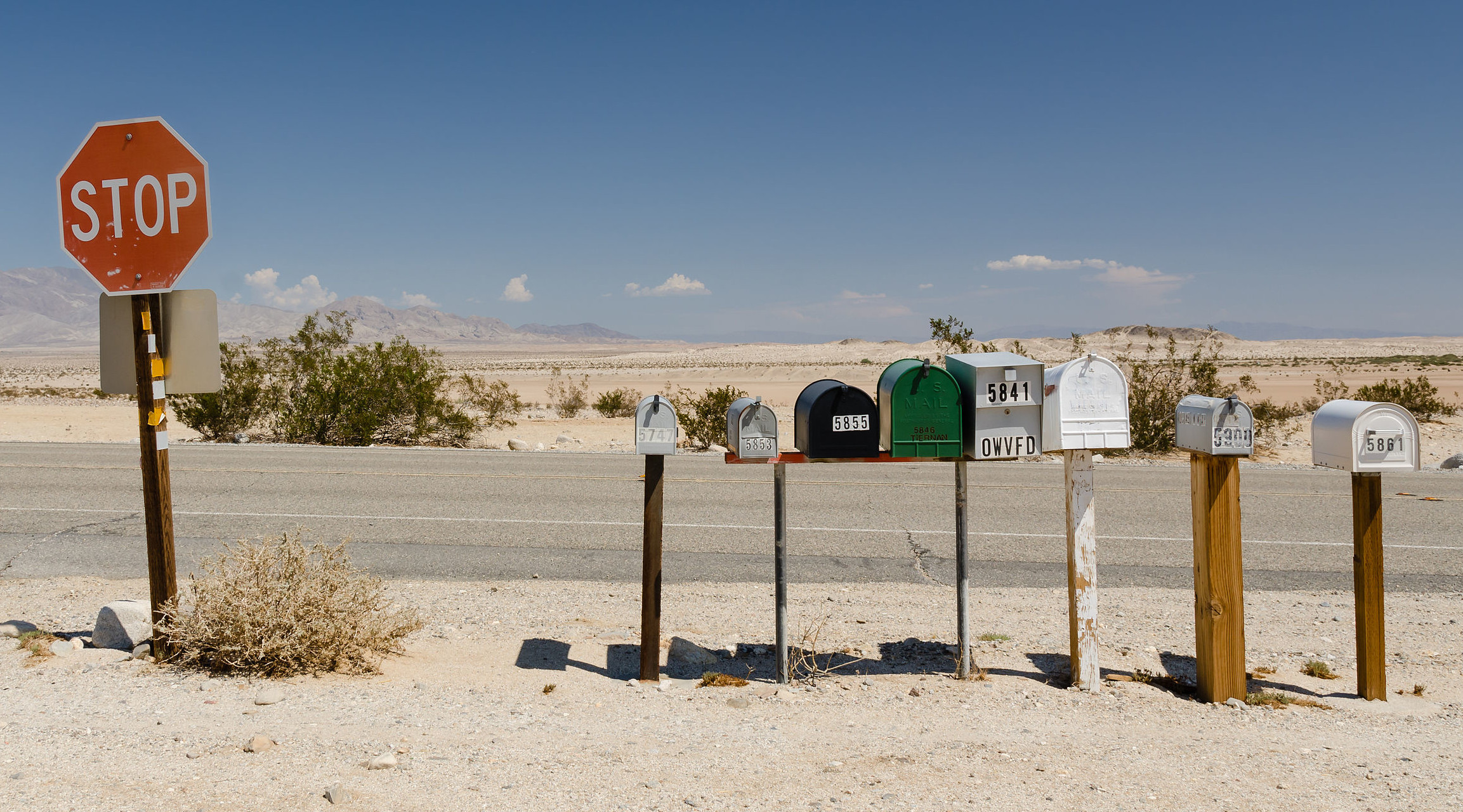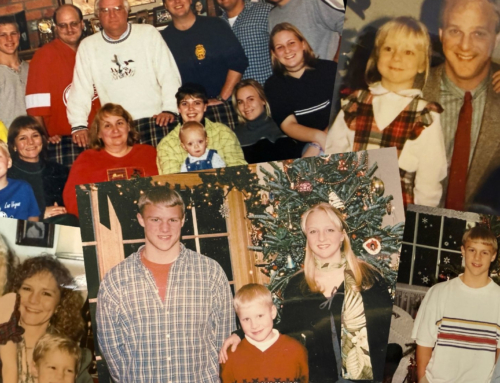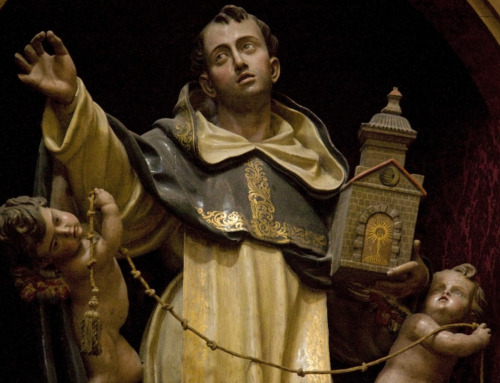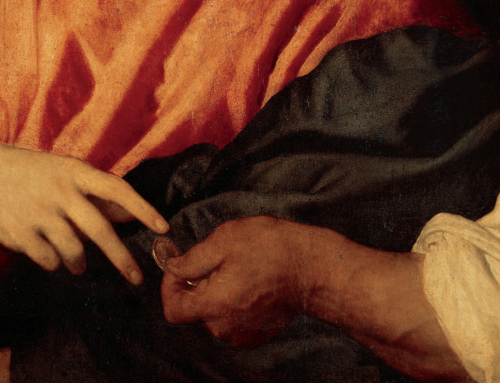When was the last time you reached “Inbox Zero?” As the name suggests, it’s the state of bliss that comes from having every email archived, deleted, or otherwise dealt with. Over the last few years, it has taken over the habit-stacking, task-crushing, productivity-giants of the internet. It’s proof that life is under control. It promises accomplishment, rest, and peace. But beneath the promise of order lies something hollow. The emptiness of an empty inbox doesn’t stay satisfying for long.
We chase Inbox Zero because we mistake progress for meaning, and end up letting the anxieties of life serve as the driving force behind activity. Tasks and mental clutter become threats to our time (you may be reading this article right now to guiltlessly archive it from your inbox). But what’s the point of ridding ourselves of the obligations? In trying to silence every demand, we sometimes silence our own sense of purpose.
The goal of life isn’t to have nothing left to do. In reality, inbox-zero-living gives way to another phenomenon: dread. Inactivity itself breeds anxiety—think of how you felt at the end of your last vacation. We have to do something. That’s because we are, by nature, doers. So a clear calendar can’t be the goal; rather it’s meant for something.
The problem isn’t efficiency itself, but rather when inbox zero becomes more than email management—when it becomes a philosophy of life. And if we try to live for inactivity, we find that life ends up absurd. Imagine you have an upcoming Thanksgiving dinner, say two days from now. From the grocery store to the kitchen to the table, it’s a series of small battles. One could, in the end, not actually sit down to eat. But of course it would be absurd not to. The point of cooking was to eat. But again, after cooking the turkey and potatoes and stuffing and three kinds of pie you could treat eating as one more task, and try to eat the meal as quickly as possible. Thanksgiving—taken care of.
That’s true not just for dinner tables but for life’s finest celebrations. Consider a wedding. Very few people would go through the emotional and financial agony of planning a wedding for its own sake. Mailing invitations, tweaking flower arrangements, auditioning DJs, fighting over the liturgy. It would all be pointless without an exchange of vows. And to what purpose have they vowed themselves? If the couple checked the box on “love,” we’d be concerned. The wedded couple has (technically) accomplished the tasks before them and is successfully married, but we rightly find the idea disturbing.
No one would really seek to live that way, but it’s effectively what happens when life becomes a task. If we habituate ourselves to treat the course of our lives as a series of tasks to be completed for their own sake, to rid us of nagging obligations, we’ll find, in the end, that we’ve forgotten the point.
Consider, as one last example, the rich young man from the Gospel of Matthew (19:16–22). “Teacher,” he asks, “what good deed must I do to have eternal life?” He’s seeking holiness and happiness. He’s accomplished all the tasks set before him, so what’s left? He asks Christ, “What more must I do to be perfect?” Christ answers, “If you would be satisfied, come follow me.” The young man walks away sad, for he’s sought Christ like a box to be checked. You and I can’t measure our progress by “prayers said” or “good deeds accomplished.” When will we accomplish Christianity?
By his own admission, the young man has not found true rest or peace. But Christ has called him to a relationship—to come to know a person, one who is both a wonderful gift and a task that will never be complete.
The young man’s sorrow exposes the truth at the heart of all our striving: no task can substitute for love itself. The purpose of life is a person, and eventually that’s all that’ll be left. We will rest, truly rest, not in inactivity but with a person to love. Our happiness will be measured by our room for love, by how far we are willing to gaze in the eyes of the beloved. To be happy, to know, to love—these are not boxes to be checked nor assignments to accomplish. They are life’s very purpose—and thank God they’ll never be complete.
✠
Photo by Tuxyso (CC BY-SA 4.0)







